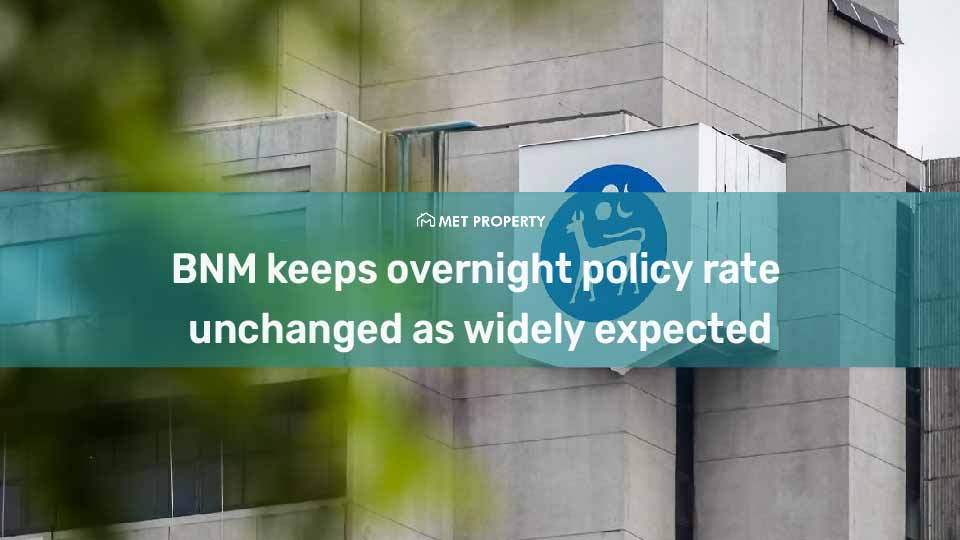“Malaysia’s economy aims 4%-5% growth, focusing on consumer spending, investments, and external demand.“
KUALA LUMPUR, 10th May 2024 – On Thursday, Malaysia’s central bank opted to keep the benchmark interest rate steady, as anticipated, noting an uptick in economic activity alongside manageable inflation.
Bank Negara Malaysia (BNM) announced that the overnight policy rate (OPR) would remain at 3% after the Monetary Policy Committee’s two-day session. According to a Bloomberg survey of 24 economists, all unanimously predicted that the central bank would maintain the rate during the third of six scheduled reviews for the year.
“Recent indicators suggest increased economic activity in the first quarter of 2024, fueled by robust domestic spending and a favorable upswing in exports,” stated BNM.
Preliminary estimates indicate that the economy grew by 3.9% year-on-year in the first quarter. The government is anticipated to release comprehensive gross domestic product (GDP) data next week.
Government projections suggest that Malaysia’s economy could expand by 4%-5% this year, following a weaker-than-anticipated growth of 3.7% in 2023. The government is relying on robust consumer spending, corporate investments, and heightened external demand to stimulate growth.
For the past year, BNM has maintained the policy rate unchanged, marking a period since its last adjustment in May 2023 when it was increased by 25 basis points. This decision contrasts with recent actions taken by other central banks. In April 2024, Bank Indonesia unexpectedly raised its benchmark rate by 25 basis points to bolster the depreciating rupiah, while the Bangko Sentral ng Pilipinas raised its key rate by 25 basis points in an off-cycle meeting in October 2023 amidst the strengthening US dollar.
“BNM stated that the current OPR level maintains a supportive stance towards the economy and aligns with the present evaluation of inflation and growth prospects.”
“Looking ahead, BNM highlighted an anticipated rebound in exports, backed by the global tech upswing and sustained demand for non-electrical and electronics goods. Additionally, it indicated expectations for increased tourist arrivals and spending.”
“Internally, the sustained growth in employment and wages continues to bolster household expenditure, while investment endeavors are expected to benefit from ongoing multi-year projects, the execution of various national master plans, and increased realization of approved investments,” stated BNM.
“Regarding inflation, BNM noted its benign nature and anticipates it to remain at a moderate level, largely mirroring stable demand dynamics and controlled cost pressures.”
In March, the consumer price index saw a less pronounced rise than anticipated, reaching 1.8% year-on-year, attributed to slower increases in food and healthcare prices. The projection for headline inflation is expected to average between 2.0% and 3.5%, while core inflation is forecasted to range from 2.0% to 3.0% for the year.
BNM reiterated that the current value of the ringgit does not accurately mirror Malaysia’s economic fundamentals and growth outlook. It affirmed its commitment to managing risks stemming from increased volatility in financial markets.
Furthermore, recent collaborative initiatives with government-linked companies, government-linked investment companies, and corporate engagements have yielded positive outcomes, helping alleviate pressure on the ringgit, according to BNM.



